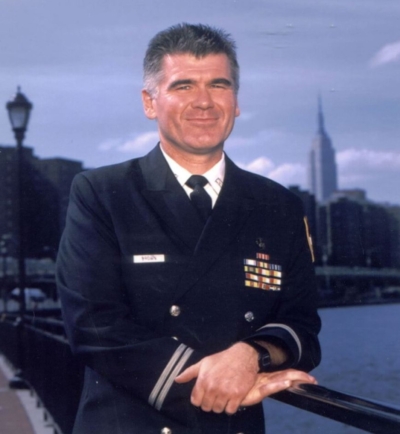Sgt. William Cahir aka the ‘Werewolf’ was KIA by an insurgent’s bullet while on foot patrol in Hellmand Province, Afghanistan on August 13, 2009. The Paddy Brown Program honors Sgt. Cahir, a friend, husband, soon to be father and foremost a Marine.
Major Jason Brezler, the founder of the Paddy Brown Program and Leadership Under Fire, served with Bill on ‘Team Yankee’ in Fallujah, Iraq in 2006 and 2007. Bill’s extensive combat experience coupled with his strong intellect made him a trusted warrior and colleague. By encouraging Brezler, his Commanding Officer, to apply the harsh lessons of combat to being a first responder, Bill was the impetus for these two programs that have gone on to serve the needs of many veterans. The “Werewolf Initiative” was created to pay tribute to Bill’s great service and ultimate sacrifice. This initiative offers aid to post-9/11 veterans pursuing academic study pertinent to fire, law and rescue services as well as the opportunity to attend conferences and tactical training events at no expense.

